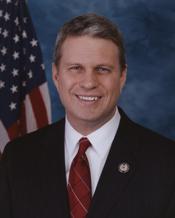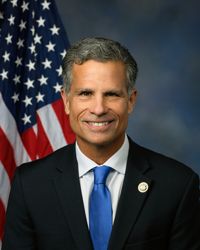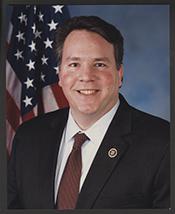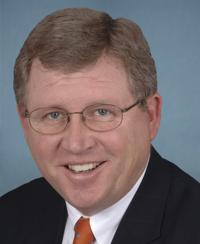0
Prioritizing Economic Growth Over Woke Policies Act
10/4/2024, 8:07 PM
Summary of Bill HR 4790
The bill includes provisions that aim to reduce regulations on businesses, streamline the permitting process for infrastructure projects, and incentivize investment in industries that are key to economic growth. It also seeks to limit the use of federal funds for programs that are deemed to be promoting divisive or controversial social issues.
Supporters of the bill argue that prioritizing economic growth will lead to increased prosperity for all Americans and help to create a more competitive and dynamic economy. They believe that by reducing government interference in the economy and promoting a business-friendly environment, the country will be better positioned to recover from economic downturns and compete on the global stage. Opponents of the bill, however, argue that it could lead to the rollback of important regulations that protect workers, consumers, and the environment. They also express concerns that the bill could stifle diversity and inclusion efforts in the workplace and limit funding for programs that address systemic inequalities. Overall, the Prioritizing Economic Growth Over Woke Policies Act is a controversial piece of legislation that highlights the ongoing debate over the role of government in promoting economic growth and addressing social issues. It remains to be seen how this bill will progress through Congress and what impact it may have on the US economy and society as a whole.
Congressional Summary of HR 4790
Guiding Uniform and Responsible Disclosure Requirements and Information Limits Act of 2023 or the GUARDRAIL Act of 2023
This bill limits the disclosures required by issuers of securities as a result of a rulemaking and establishes the Public Company Advisory Committee.
First, the bill requires the Securities and Exchange Commission (SEC) to limit issuer disclosure requirements made in a rulemaking. Specifically, the SEC must provide that an issuer of securities is only required to disclose information in response to a rulemaking if the issuer determines that this information is material with respect to a voting or investment decision regarding the issuer’s securities.
The bill also requires the SEC to report on its website each required disclosure of nonmaterial information under current federal securities laws and regulations and a justification for the disclosure. The SEC must report this information to Congress every five years. The bill also establishes that a person's failure to disclose such nonmaterial information is not a liability in a private action.
Further, the bill establishes the Public Company Advisory Committee within the SEC. The committee must advise the SEC on regulatory priorities, public reporting and corporate governance of public companies, shareholder meetings and the proxy process, and other topics. The committee must be comprised of individuals who are officials of public companies, have senior managerial responsibility in associations that represent the interests of public companies, or provide professional advice and services to public companies.
Finally, the bill requires the SEC to report on the effects of the European Union's directives on corporate sustainability, particularly on U.S. companies, consumers, and investors.



